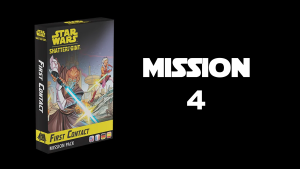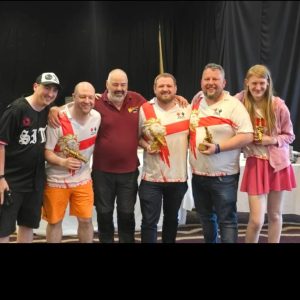Today we are going to talk about an oft overlooked topic: playing a game of legion fast. Being able to play at a decent pace makes legion far more enjoyable for most people. Whether it’s a local game night and getting a game done faster allows you to get home to bed, or a big tournament where getting six turns in should be the expectation, playing legion with pace is always a good goal.
What Should Our Goal Be?
When talking about ‘fast’ play in legion, we are not talking about speed legion or rushing through turns or important decisions. Our goal should be able to complete games through six turns in a reasonable amount of time. How long is reasonable really is up to your own interpretation. Generally, we should seek to complete games in what is usually given for tournaments. This gives a goal to strive towards as well as practice for when you do find yourself in tournament games. The time given for tournament rounds usually falls in the two and a half to three hour range.
Why Do We Want to Play Fast(er)?
As stated earlier, playing faster is generally advantageous. This is true both for tournament players where getting full and complete games should be the expectation so that everyone is on the same playing field. Casual players benefit as well. Finding yourself in a four or five hour game can be great if that is the game you want to play on a lazy Sunday afternoon for for example. However, when at the game store on a weeknight, a four or five hour game is probably not the ideal scenario.
Setting Yourself Up For Success
The start of quickening your pace of play starts well before you ever roll any dice.
Packing
One very important consideration is how you pack and organize your game materials. There are plenty of different ways to do this and much of it comes down to personal preference.
For your miniatures, you want to make sure that they are safely transported, whether across the country or down the block. Your miniatures are the key to this hobby and usually something you have poured hours into painting. The most common carrying options used are generally foam or magnets. Both of these options are sufficient. In comparison between the two, foam generally wears away more paint and takes longer to set up, but is cheaper and lighter. A good budget conscious option is egg cartons. Egg cartons are about the right size to fit trooper minis and an elastic band around will secure the whole thing.
In whatever way you pack your minis you want to make sure that you are able to unpack and pack them fairly expeditiously. For tournaments, you probably want to also pack an army tray, which can be as simple as a baking sheet, to transport your miniatures around for the day. This way, you only have to pack and unpack once.
Squad Markings
Another important thing for minis is in painting them, make sure that units are discernable. This can be squad markings on the minis themselves, different basing, or coloured base rims. The simplest can even just be to have coloured stickers to put on the bases, this is the easiest and most flexible when testing lists out. Being able to tell units apart is very important for fairness of games, as well as speed. Every time you look at your units if it takes a few seconds to tell which units are which that is just wasted time.
Card Organization
Cards are a big deal for legion. For many tournaments it is required you have all your cards out. Depending on what situation you find yourself in, card organizers can be very important. This often involves binder card organizer sleeves, or there are custom made legion card organizers. Whatever way you organize your cards, before you get to your game your cards should be selected and separated out so that all the cards you need are easy to access.
Tokens and game components
For other game components, of which we have many in legion, you definitely should seek to have an organizational system. The most important components to organize are the tokens. We have plenty of different kinds and having to go through a pile or container of mixed tokens everytime you need one adds extra time to your games. The first step would definitely be to sort out the most used tokens, (aim, dodge, suppression etc.) into individual receptacles. Probably the easiest way to achieve this is with a tackle box, or some other kind of organizer.

There are also custom made token organizers if you are so inclined.
The tokens that are more rarely used are fine to have as larger collections or as separated as you want. The vehicle resilience tokens could all go into one receptacle for instance.
Once you have your tokens organized you should also have a place to put your other game components such as movement and measuring tools, dice, etc. The organization of these matter less, but they should be accessible. You may also want particular places or holders for them to go when you are not using them, so you always know where they are.
Turn 0
Once you have an opponent and a table, it is time to start getting into the game. This is the moment you should be having your terrain discussion, as well as determining red/blue player. This shouldn’t take long and has been covered elsewhere. Once that is done whoever is red should choose their side. If you are red, make sure to quickly check some important ranges to determine board edge. One thing to definitely measure is where the centre KP would be and if that would advantage one side or the other. also check where the important line of sight blockers are.
Once table sides are determined, this is the time to unpack your cards and minis. Generally the best thing to do is lay out your cards and place your minis on their respective cards. This helps your opponents visualize your list, as well as double check all your minis are accounted for before the game begins.
When the battlecards are flipped make sure that you carefully consider all options. Measure anything you need to, make sure you have your range rulers handy to do this. To speed up battlecards, consider your veto options as your opponent is also considering thiers. Often it is easy to know what you’ll do once they select their bans. This can just help get through this step that much faster.
During deployment, consider where all your units will go throughout the deployment as well as where your opponent’s will go. Knowing, ‘I’ll put this unit there if they put that there’ makes deployment go very smoothly.
Striving to keep the ‘before’ game stuff to fifteen minutes or less is a good goal. Definitely try to keep it under thirty minutes. Often games that cannot be completed due to time are because the ‘game’ itself didn’t start until well within the time constraints.
In Game
One of the key aspects of the game of Star Wars: Legion that differentiates it from games like Warhammer is the alternating activation system. This means that you are always about to do something. This does mean that when playing a game of legion you have to remain fairly focused the entire time. As a consequence of this you can’t make your turn faster by having a fully set up combo or such. You are always reacting to what your opponent does.
One thing that really helps speed up a game of legion is always trying to think an activation ahead. Often the best way to do this is to figure out your current win condition or goal. This could be ‘tap those vaps’ or as simple as ‘I need to shoot that unit.’ Knowing these conditions and goals will inform what you do whenever it is your turn. If your goal is to shoot a unit then when it is your turn you can quickly see if you have any faceup orders available to do that, or if you need to pull. Once you pull you can quickly see if what you pulled can accomplish your current goal, if not, then you do something else.
When pulling from the bag it is often best to have an idea of what to do with whatever you can pull. That being said, before you pull all you need to decide is ‘am I going with a faceup or a pulled unit.’ Usually it isn’t worth figuring out every possible move you could make on the board if you are just pulling anyway. Once you pull that usually limits your decision tree and it’s faster to make a decision.
Another thing to note about overall in game play is how important each individual action and activation is. A naked unit activating on turn one probably isn’t as important as Luke Skywalker on turn six. This is something to keep in mind as you play. Often taking to long with fairly unimportant activations earlier on in the game limits your time to do things later. This is especially important when playing with chess clocks.
Playing With Intent
Another aspect of good sportsmanship that can really help speed up legion games is playing with intent. What playing with intent is to state the intention of your actions out loud to your opponent and agree on those actions. ‘I am moving Boba Fett to range one of the Intercept objective.’ This statement is both good sportsmanship, helps prevent disagreements, and speeds the game up. This kind of statement speeds up the game by reducing the amount of measurement you need to do. If it was already agreed Boba Fett was at range one of the Intercept objective why waste time measuring it again.
Playing with intent also limits how many mistakes are made. Mistakes can be very time consuming as both players have to stop playing and work to restore the game state. Playing with intent can help to keep both players involved in decisions to catch mistakes.
Chess Clocks
The thing that made my own play speed up beyond anything else was using chess clocks. There is often a lot of prejudice about playing with chess clocks but it really isn’t that big of a deal.
The best case for chess clocks is that it ensures that everyone has equal time, and it guarantees everyone a minimum amount of time. Generally it also speeds everyone up as they see how much time they themselves are taking. While chess clocks are not for everyone or every situation, they are a great tool.
One aspect of chess clocks that is really great is that the time on the clock is your own to do with as you wish. You can really do whatever you want with your time, whether that is think a long time about certain activations, or just take a breather occasionally. You can even use your clock to go buy food if you need to. When there is a shared game clock, it isn’t great for you to use shared time to attend to personal needs, but with a chess clock it’s no issue.
Practice, Practice, Practice
While this article may seem a little all over the place it’s all in the interest of getting good games of legion in. Having a game stopped because you hit the end of a clock, or your friendly local game store owner is trying to get home, really isn’t fun. The best advice that anyone can give is practice, practice, practice. The only way you or anyone is going to get better at legion as well as faster at legion is by playing games. Usain Bolt didn’t become the fastest person in the world by sitting on his couch.






4 Responses
Great article, very useful for a new player like me who is struggling to play the full six rounds and keep is stuff relativaly organized…
Cheers !
Great article, really helpful!
I have been waiting for an article like this. My friends and I struggle to play full games in 3 hours… Usually takes 5. Setting up deployment zones seems to be the most time consuming during turn zero. Any thoughts on setting up zones faster?
I often don’t setup deployment zones and just measure as I go. I have found though that many people set up way to many markers etc. You really only need to put markers wherever there’s a corner of the zone. For some I don’t set up markers at all. Battlelines for instance I just measure range one from the board edge for each unit.